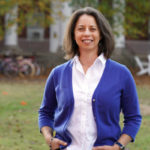
Assistant Professor of Historic Preservation Lauren McMillan
Assistant Professor of Historic Preservation Lauren McMillan appeared on a recent episode of the With Good Reason radio show titled “The Visitors’ Center.” Her segment of the show, “Virginia Indian Trail,” featured the work she and her students have been doing with tribes and the local tourism board to develop the Native American History and Culture Trail. “The two groups that my students and I have been working with for about two years now are the Rappahannock tribe and the Patawomeck people who are along the Potomac River,” McMillan said. Hear more.
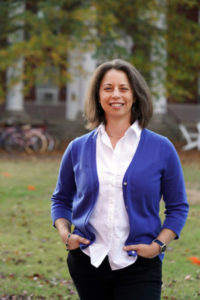
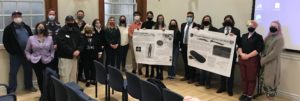
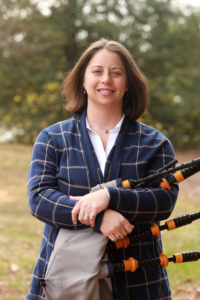
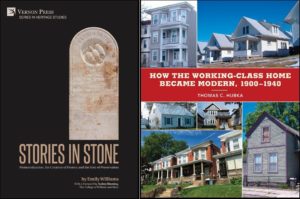 The 2021 University of Mary Washington
The 2021 University of Mary Washington